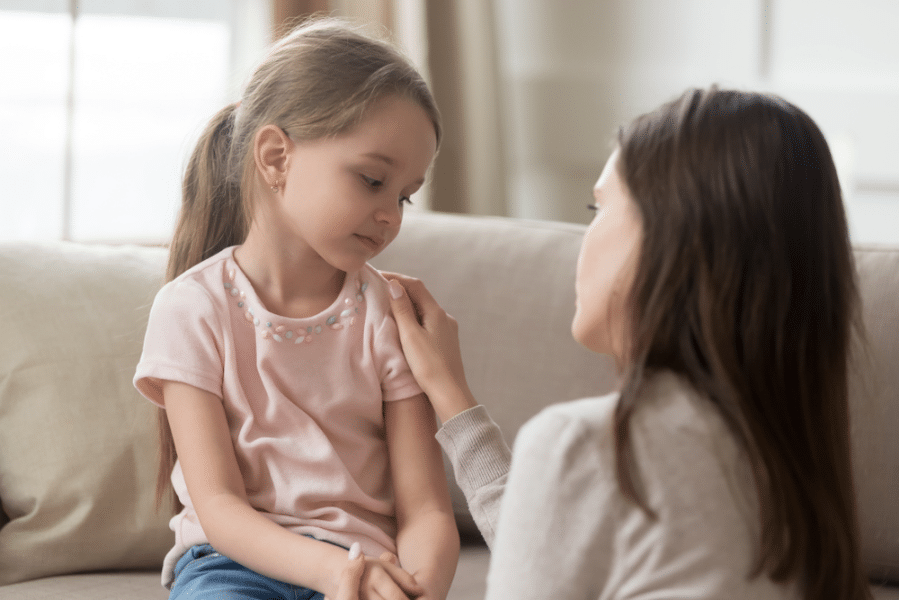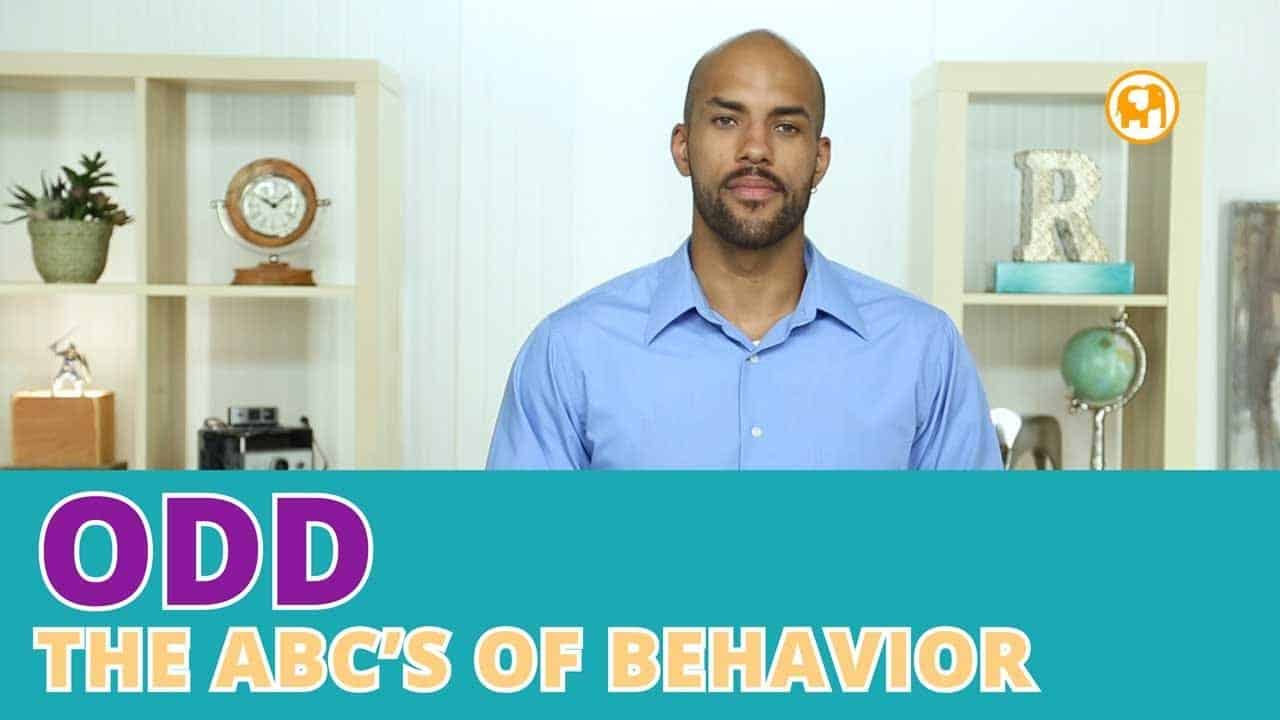— Behavior Issues
Depression in Children

Depression in our children

Depression in Our Children
Depression is the constant feeling of sadness intensified by feelings of hopelessness and helplessness over the course of weeks. There are many different types of depression, and it can appear differently in different people. Parents need to acknowledge that not all children with depression appear sad, it is not uncommon for family members to be surprised or caught off guard when their child is diagnosed with depression.
Parenting a Child with Depression
- It is critical that depression is not overlooked or dismissed, as this can lead to life-threatening circumstances. Seek professional support to allow your child to process what they are feeling without shame.
- Use Effective Communication with your child to better understand their symptoms.
- When looking at how to help a child with depression, work out a system to communicate when they are feeling sad and what the intensity is.
- Communicate often about treatment and if it is working. Be patient but expect progress, even small progress after a few weeks.
- Practice the skill of Effective Communication. Set up a “safe time” for you and your child to communicate—around 1-4 consecutive minutes. Allow your child to talk about whatever they would like during this time. Do not provide solutions or interject your opinions. Just listen. When it is over, do not reply. You can restate what is said but do not interject your own opinions or thoughts. This allows them to share whatever they want. The only instance when you would interject your authority is if they talk about harm to self or others. Do this as often as needed by your child.
- Familiarize yourself with the ABCs of Behavior. Focus on the thought process (antecedent) first related to the symptoms of depression and talk about it with your child.
- Relate antecedents to their “thoughts” and what they are thinking while experiencing depression. Write down those thoughts on a piece of paper and explore what behaviors happen after those thoughts occur.
- Discuss how thoughts influence mood. Work on addressing those thoughts to find a way for your child to deal with them in a new way.



